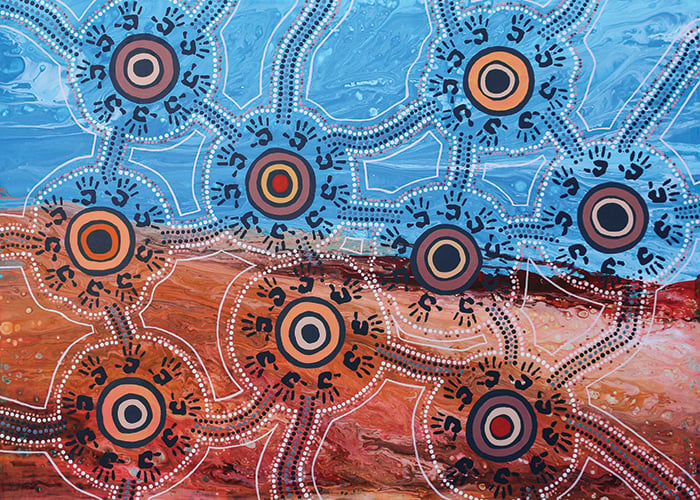Search
Research
Age-related differences in trust beliefs during middle childhood: Downward-extension and validation of the general trust scaleThere are conflicting suggestions concerning the developmental trend of trust beliefs during middle childhood. Across three studies, the current research developed a brief measure of child general trust beliefs, as well as child measures of trust in peers and online, and examined age-related differences in these beliefs.
Research
Surveillance of avian influenza through bird guano in remote regions of the global south to uncover transmission dynamicsAvian influenza viruses (AIVs) pose a growing global health threat, particularly in low- and middle-income countries (LMICs), where limited surveillance capacity and under-resourced healthcare systems hinder timely detection and response. Migratory birds play a significant role in the transboundary spread of AIVs, yet data from key regions along migratory flyways remain sparse. To address these surveillance gaps, we conducted a study between December 2021 and February 2023 using fresh bird guano collected across 10 countries in the Global South.
Research
Study of tranexamic acid on post-tonsillectomy haemorrhage (STOP) pilot trialMatt Cooper BCA Marketing, BSc Statistics and Applied Statistics, PhD Manager, Biostatistics 08 6319 1723 matt.cooper@thekids.org.au Manager,
Research
Routine Emollient Therapy with Coconut Oil in Preterm Infants and Allergic Sensitization at 1-Year Corrected AgeSkin care for very and extremely preterm infant is an important and previously underappreciated topic. Coconut oil skin care for preterm infants is a promising option, but several important questions remain including the theoretical potential for allergic sensitization.
Research
Sex-specific white matter alterations in children exposed to high pregestational BMIThis study investigated whether exposure to high pregestational BMI (≥ 25 kg/m2) is associated with alterations in white matter microstructure in early childhood, explored sex-specific effects, and examined associations with cognitive performance.
Research
Kaat koort: Study protocol for a pragmatic randomized controlled trial of a multifactorial, multidisciplinary Aboriginal Health Practitioner-led Aboriginal dementia prevention interventionLimited available data indicate that dementia prevalence rates among Aboriginal and Torres Strait Islander (hereafter Aboriginal) peoples are 3–5 times higher than the overall Australian population. Effective, pragmatic and scalable interventions are urgently required to address this disproportionate burden of dementia in Aboriginal populations.
Research
Atopy-related immune profiles are subject to genetic influence as evaluated using school-aged twin pairsThe interaction of genetic and environmental contributions to immunological traits and their association with atopic disease remain unclear. Flow cytometry and in vitro cytokine responses were used to characterize immune profiles from 93 school-aged twin pairs. Using an established twin pair analytical strategy, the genetic and environmental influences on immunological traits were evaluated, along with their association with atopy. Our findings suggest strong genetic influence on several traits, particularly B cell abundance. In contrast, cytokine responses from in vitro stimulations appeared mainly shaped by environmental exposures.

More than 3,000 skin checks have been undertaken as part of a large clinical trial in WA’s Kimberley region aimed at halving the burden of skin sores in school-aged Aboriginal children.
Research
Involving young people with lived experience in advancing mental health science: an exploratory qualitative study from Pakistan and IndiaMeaningful involvement of young People with Lived Experience (PWLE) in co-designing youth mental health interventions has been much emphasized globally. However, there is a scarcity of evidence on involving PWLE of mental health problems in designing, implementing and evaluating mental health interventions, especially in Low- and Middle-Income Countries.
Research
A microRNA-based dynamic risk score for type 1 diabetesIdentifying individuals at high risk of type 1 diabetes (T1D) is crucial as disease-delaying medications are available. Here we report a microRNA (miRNA)-based dynamic (responsive to the environment) risk score developed using multicenter, multiethnic and multicountry ('multicontext') cohorts for T1D risk stratification. Discovery (wet and dry lab) analysis identified 50 miRNAs associated with functional β cell loss, which is a hallmark of T1D.
